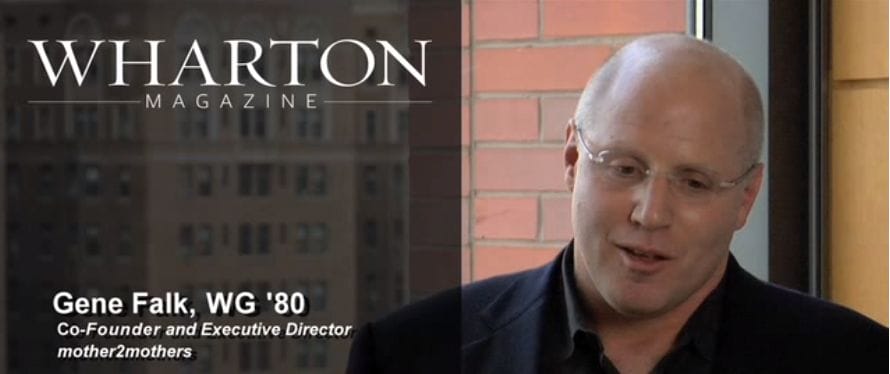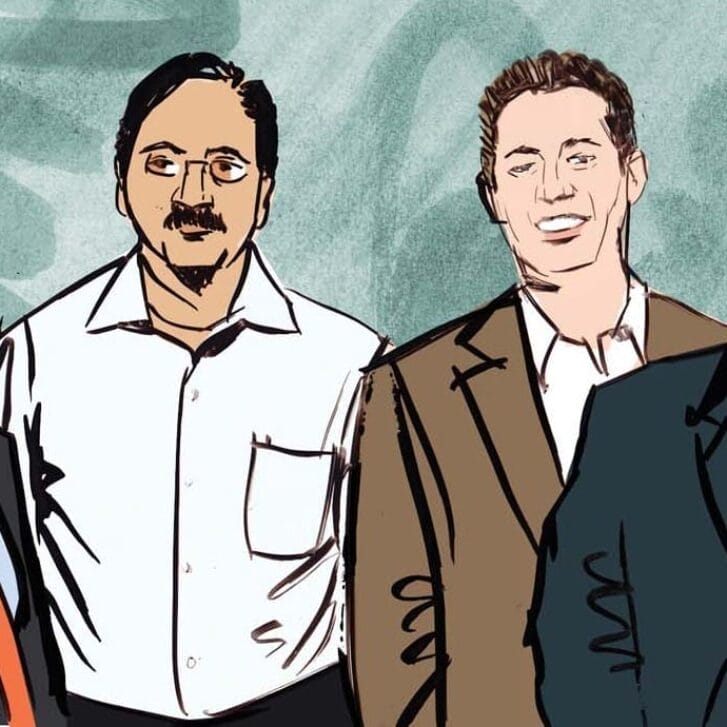About a year ago, we here at Wharton Magazine had the opportunity to interview Gene Falk, WG’80, a former entertainment industry executive who left the business world to help found mothers2mothers, a Cape Town, South Africa-based nonprofit that aims to prevent the transmission of HIV-positive pregnant women to their children.
Falk told us that while his organization’s mission may appear “daunting,” the reality is that preventing HIV transmission from mother to child is actually quite simple. The drugs and treatments are widely available; that’s why, in the developed world, we so rarely hear about “AIDS babies” anymore, Falk notes. Of course, in the developing world, where mothers2mothers focuses its work, that simply hasn’t been the case, and the unnecessary infection of babies has continued.
But mothers2mothers is truly beginning to change things.
Just yesterday, we received a note from mothers2mothers, updating us on their work over the past year, and the results were so impressive that I figured they were worth sharing here. Among the highlights from the report:
• The organization is now operating 606 sites throughout southern Africa, including locations in Kenya, Rwanda, Zambia, Malawi, Swaziland, Lesotho and South Africa. That’s up from just over 500 total sites when we spoke to Falk last spring.
• In South Africa alone, mothers2mothers has 342 sites.
• In 2009, the organization enrolled 298,200 new “clients”—pregnant women or new mothers—and employed more than 1,600 HIV-positive women.
• Also in 2009, mothers2mothers engaged in more than 2.1 million patient interactions.
Summing up the organization’s progress, Falk and his co-founders—Dr. Mitch Besser and Robin Allinson Smalley—write that over the past eight years mothers2mothers has “achieved the kind of growth that often takes decades.” They also wrote they remain committed to their core goals: Helping women live healthier, more prosperous lives, and making sure that babies are born HIV-free … with healthy mothers to care for them.
“This may seem innovative to some,” the founders said, “but to us it’s business as usual.”


























